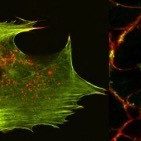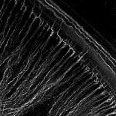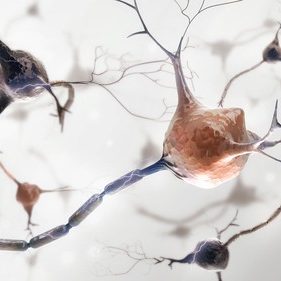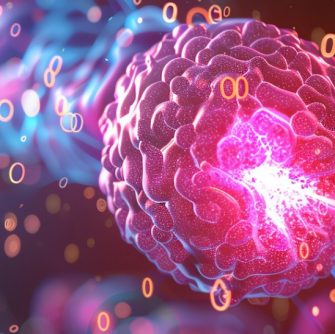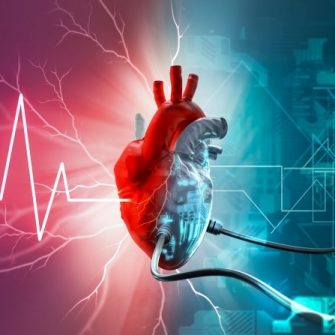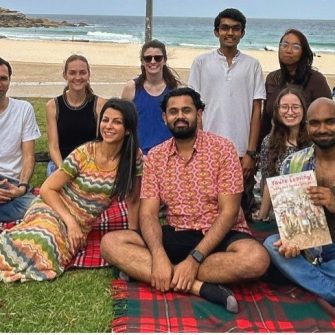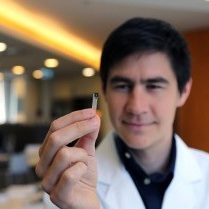- UNSW
- ...
- Our schools
- School of Biomedical Sciences
- Research & impact
- Research themes
- Drug Discovery
Drug Discovery
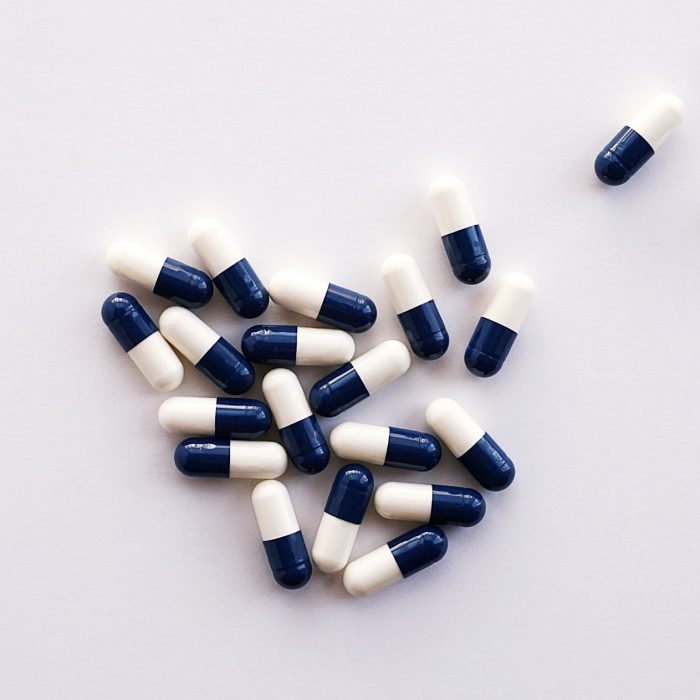
Drug Discovery, Development and Delivery investigates the use of drugs and the effect they have on living tissues and the normal body functions of humans and animals. Drugs are chemical substances that modify the normal physiological functioning of the body or influence the dysfunctional processes that have arisen due to disease or infection.
Drug Discovery, Development and Delivery draws upon an understanding of physiology and biochemistry in developing an understanding of the mechanisms of drug actions. This includes the efficacy of drugs, the ability of the body to metabolise them, and the toxicology and side effects of drugs. The design of new drugs draws upon an understanding of chemistry and increasingly an understanding of crystal structures and molecular modelling for rational drug design.

